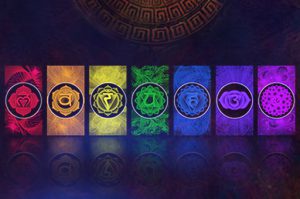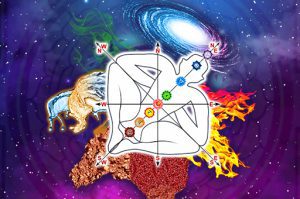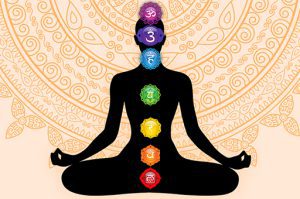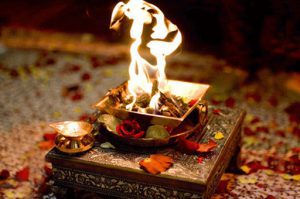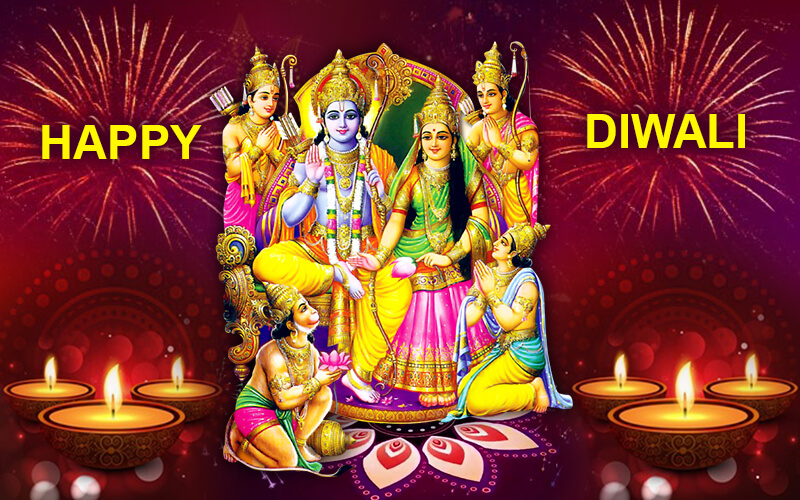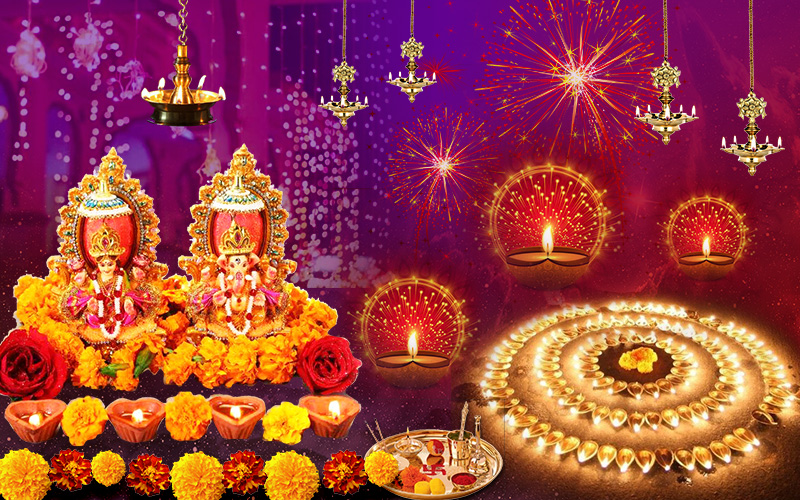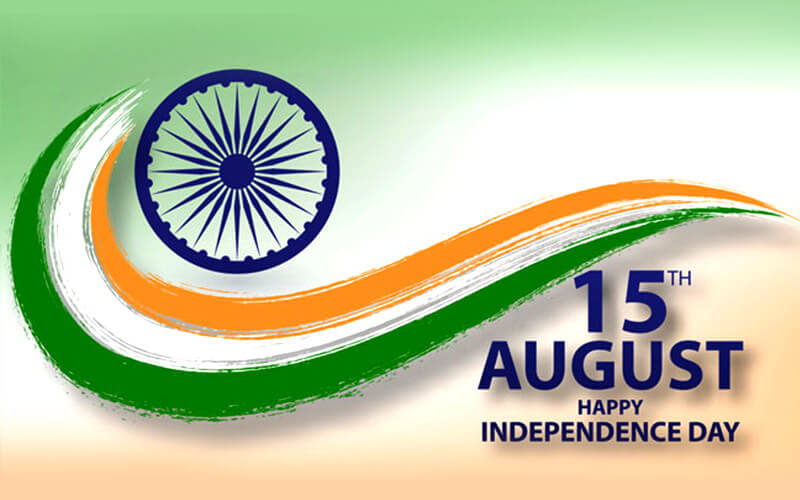
We are celebrating Independence Day on August 15th with pride and honor. India is very proud of its vast diversity and culture. India is known for “Unity in Diversity“, with people from different religions living in India with equal rights.
What is India and what is her identity?
India is the name given to the vast peninsula which the continent of Asia throws out to the south of the magnificent mountain ranges that stretch in a sword like curve across the southern border of Tibet. Ancient Geographers referred to India as being “constituted with a four-fold conformation” chatuh samasthana samsthitam”, on its South and West and East is the Great Ocean, the Himavat range stretches along its north like the string of a bow”. The name Himavat in the above passage include the Himalayas standing tall in breathtaking splendor, radiant in myth and mystery. These, the youngest and tallest mountain ranges, feed the Ganga with never-ending streams of snow.
Let’s have a look at some of the important, general facts about India:
>> The ethnic groups in India, as per the 2000 report, include Indo-Aryan (72%), Dravidian (25%), Mongoloid and others (3%).
>> India is the largest and the oldest civilization in the world.
>> India holds the record of not invading any other country in the last 10,000 years of her history.
>> Interestingly, India was one of the richest countries on earth before the British invaded it in the early 17th century, and was also one of the first countries in the world where diamonds were found.
Sanskrit is one of the earliest known languages in the world, and a member of the Indo-European family of languages, from which most modern European languages have originated.
The 13th century Indian poet Saint Gyandev is credited for creating the famous game of Snakes and Ladders. The ladders denote virtues, while the snakes symbolise vices in the game. With time the game incorporated several modifications; nevertheless, the original meaning remains unchanged, i.e. good deeds take you to heaven, and evil to a cycle of rebirths. Chess, which was originally called “Chaturanga”, was also invented in India. The meaning of “Chaturanga” is four members of an army.
Brahmagupta, the Indian Mathematician, was the first to develop the concept of Zero (0), while Aryabhata developed the Place Value System. In the sixth century, Budhayana, another Indian Mathematician, was the first person to calculate the value of “pi”. He did this much before any mathematician in Europe. Also, Bhaskaracharya very correctly calculated the time (365.258756484 days) taken by the Earth to orbit the Sun, long before Western astronomers.
>> Ayurveda, which is the earliest school of medicine in the world, was born in India thousands of years ago.
>> India is among the few countries in the world that manufacture supercomputers.
>> India happens to be one of the few satellite launching countries in the world.
>> India is the first country in the world to enter the Martian orbit in its very first attempt.
>> India is home to the second largest pool of engineers, software developers and scientists in the world.
>> India is the birthplace of four major religions of the world, Hinduism, Buddhism, Jainism and Sikhism.
.. and the Vedic culture originated in India between 2000 and 1500 BC. As a consequence, Hinduism, considered to be the successor of Vedic religion, has had a profound impact on India’s history, culture and philosophy. Today Hinduism has been adopted far and wide by the world. Rudra Centre has been doing its share to spread the fruits of this rich culture to its clients all over the world.
Jai Hind! Proud to be an Indian!


